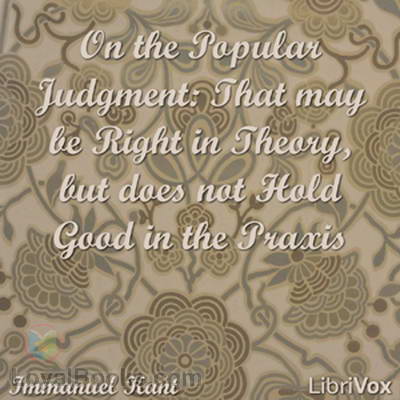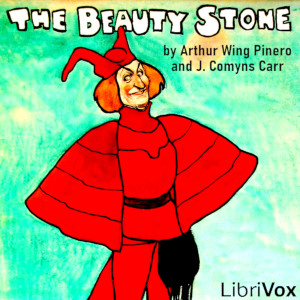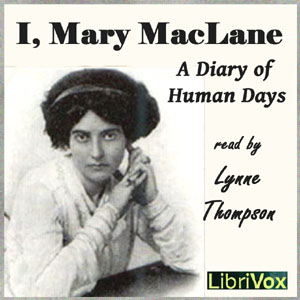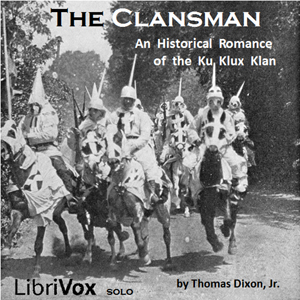Description
By: Immanuel Kant (1724-1804)
Immanuel Kant’s “On the Popular Judgment: That may be Right in Theory, but does not Hold Good in the Praxis” provides a thought-provoking exploration of the relationship between theory and practice. Kant argues that while a judgment may seem correct in theory, it may not always be applicable or effective in real-world situations.
The book delves into the complexities of moral reasoning and the limitations of human understanding when it comes to making practical decisions. Kant challenges readers to consider the consequences of blindly following popular opinion without critically evaluating its ethical implications.
Overall, Kant presents a compelling argument for the importance of thoughtful reflection and reasoned judgment in navigating moral dilemmas. The book is a valuable contribution to the field of ethics and philosophy, urging readers to think critically about the principles that guide their actions in the world.
Book Description:
This tripartite essay, published variously as On the Popular Judgment (J. Richardson trans.), On the Old Saw (E.B. Ashton trans.), or On the Common Saying (both M.J. Gregor and H.B. Nisbet), Kant takes up the issue of the relation of theory to practice in three distinct ways. In the first, he replies to Christian Garve’s criticism of his moral theory, in the second, he distances himself from Thomas Hobbes, and in the third, Moses Mendelssohn. The three taken together are representative of the breadth of Kant’s moral and political thought; the first section being concerned with the individual, the second with the state, and the third with the species. Although this is, on the whole, a difficult piece to approach, the second and third sections are often read as a way into Kant’s political thought, and serve this purpose well, especially when read alongside his Perpetual Peace.











